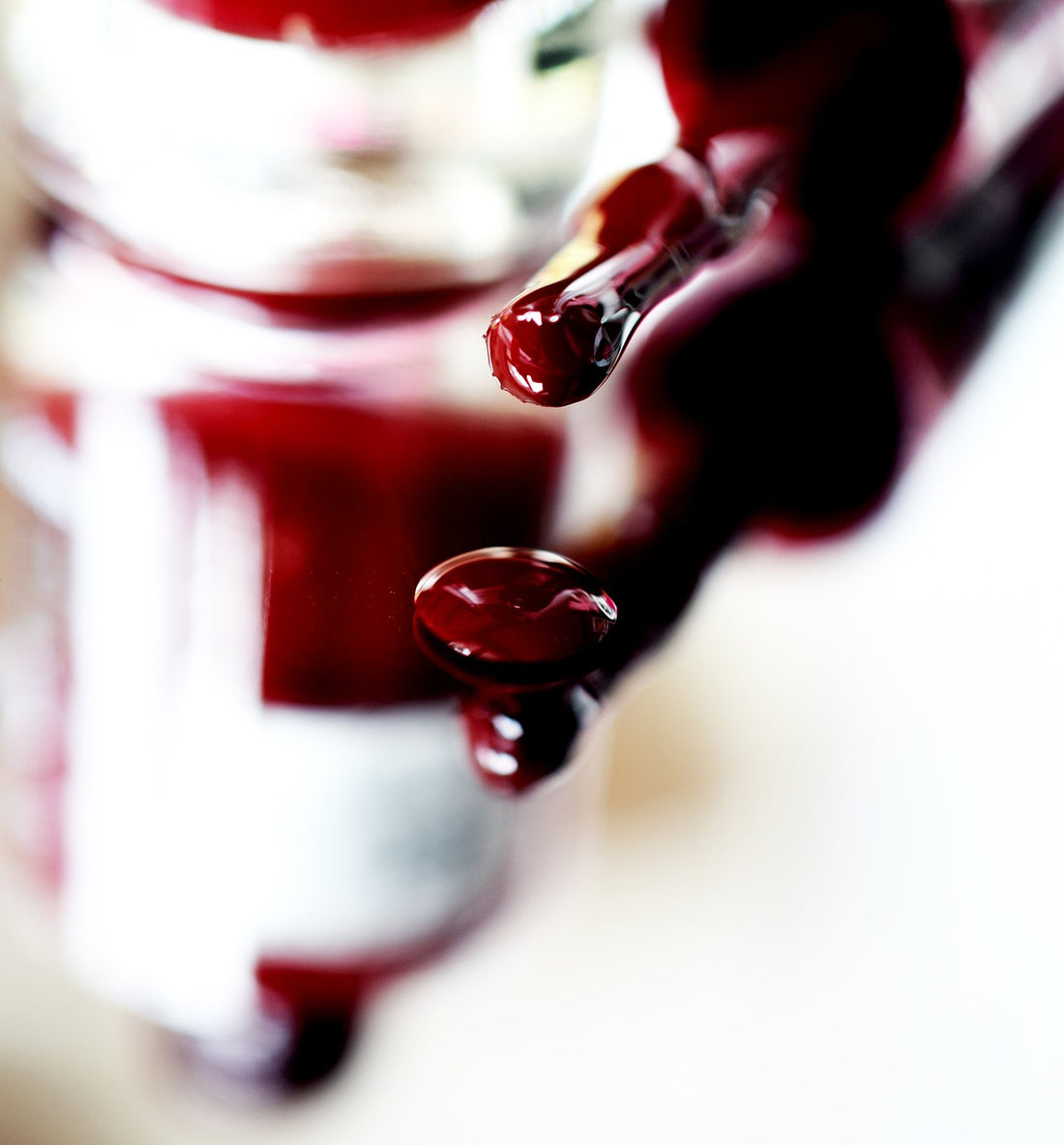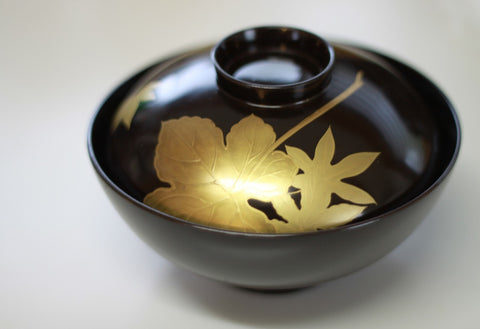
Resin Misconceptions
Natural resins and synthetic resins (plastics)
The misconception about resin is that it generally refers to natural ingredients such as pine resin and lacquer, or animal glue. This is an old concept. However, in recent years, plastic products are also commonly called resin, which has caused confusion.
While natural resins and their substitutes contain ingredients derived from trees, plastics are primarily mineral (petroleum) derived and manmade. Therefore, from the standpoint of respecting trees, it is understandable that people may feel uncomfortable using the character "tree" (ki) for plastic products.
Some people think that plastic should be expressed without using the word resin. When we hear "natural," we think of something precious, while plastic is often thought of as something inferior, but both have their own advantages and disadvantages. When choosing a product, take these characteristics into consideration.
ABS resin tableware (plastic)
Extremely durable and impact resistant. Lightweight, not easily broken, and has high dimensional accuracy. Paint adheres well and does not peel off easily.
Heat-resistant resin tableware (plastic)
It has high dimensional accuracy, is resistant to warping, and is extremely durable. It has a high heat resistance of 100℃ to 120℃, so it can withstand repeated use in dishwashers and dryers. The paint adheres very strongly to the surface, making it difficult to peel off or scratch.

